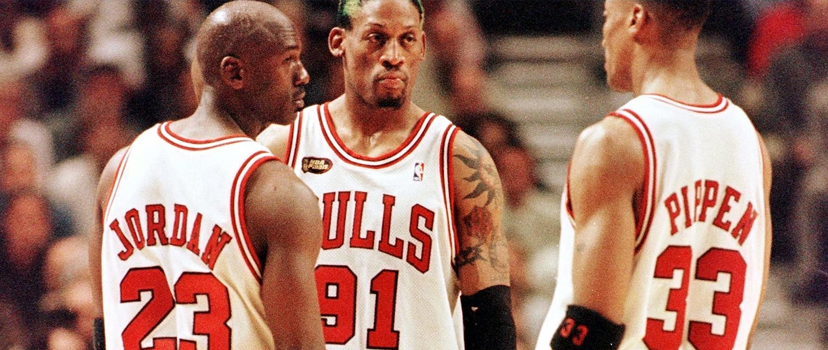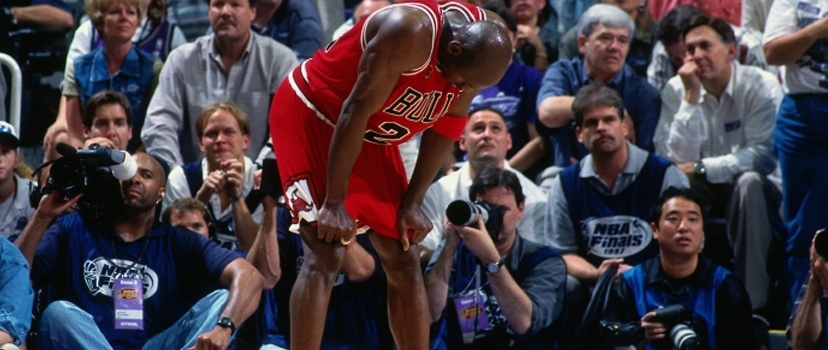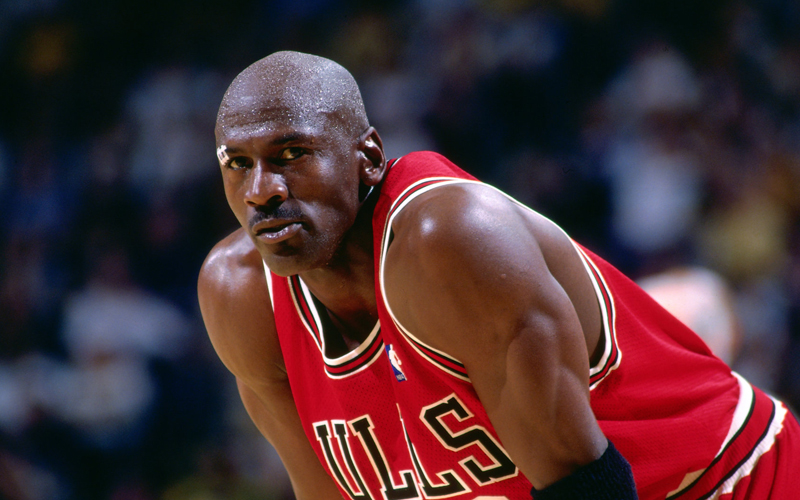Netflix’s hit sports documentary, which gave us a window into the life of the greatest basketball player of all time, is filled with lessons on what it takes to succeed.
So, what can we learn from Michael Jordan and the Chicago Bulls?
Satisfaction isn’t always a good thing.
Sure, sitting back and being satisfied by a job well done is a great feeling. But in order to reach the very top, Jordan and co. never stayed satisfied with their performance for long enough to stagnate.
Jordan and the Chicago Bulls consistently raised the bar with multiple championship wins, doing things that no team had done before.
The same can be applied to business. No one could imagine a truly revolutionised mobile industry before Steve Jobs entered the picture. Before Tesla’s Elon Musk hit the headlines, no one had been able to bring futuristic travel into the mainstream.
The world’s top CEOs constantly re-define what success looks like, setting new goals and standards for others to follow.
Teamwork is key.

Perhaps the simplest and most cliché lesson on our list, but arguably the most important.
One of the strongest attributes that allow athletes to transition well into the business world is their ability to work in a team, and throughout ‘The Last Dance’ the Bulls display exactly why.
Although Jordan may have prioritised his ego and personal success in his early career, we witness his shift toward favouring team success. In the end, he realised the power of working alongside others effectively. Multiple championship wins followed.
As any top CEO knows, enterprises filled with high-level individual performers who are unable to work together in order to drive things forward are stifling productivity catastrophically.
“The strength of the team is each individual member. The strength of each member is the team,” said Chicago Bulls’ Coach Phil Jackson.
Failure is one of the crucial ingredients for future success.

Jordan battled through multiple low points in his career, including serious physical injuries, crushing losses on the court and the death of his father. But in the end, he attributed his world-beating success to these bumps in the road.
“I’ve lost almost 300 games. 26 times, I’ve been trusted to take the game-winning shot and missed,” he said.
“I’ve failed over and over and over again in my life. And that is why I succeed.”
In both sport and business, we may look around ourselves and see countless other people achieving great things. When we’re down, other people’s success can sting. But the reality is, there will come a time when our failures – and the lessons learned – will contribute toward our success in similar situations in the future. Even if they’re enjoying short term success, those who have never experienced failure may eventually come up short when the chips are down.
This dynamic is understood by all people at the top of their game.
—
At The Transition Phase, we believe Athletes are extremely valuable to organisations.
We’re an early careers programme that supports talent from a high-level sporting background. We utilise our own experience of having successfully transitioned careers to provide athletes with career guidance and support, making them aware of their transferrable skills and how they can be utilised in a professional environment, whilst providing organisations with access to high potential talent.

